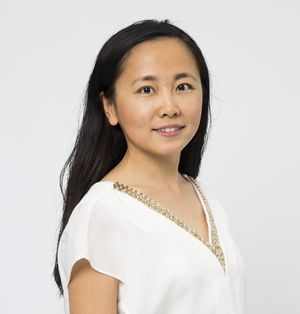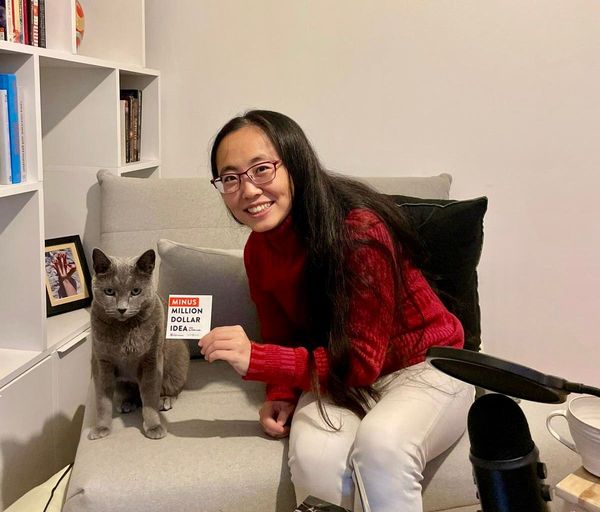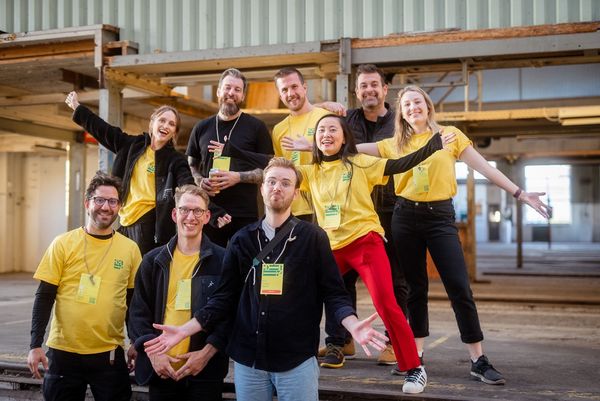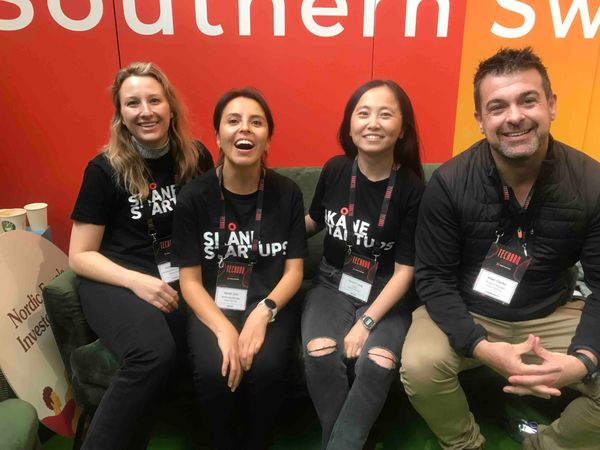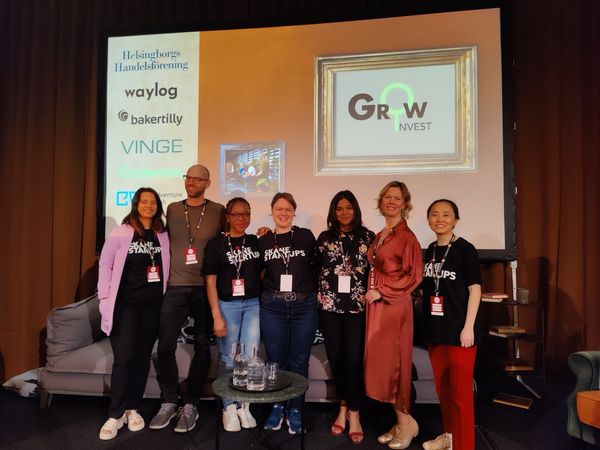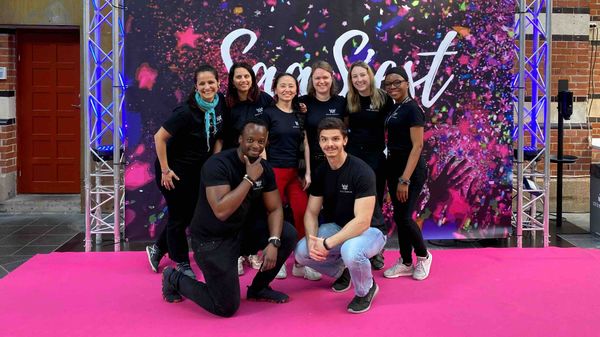I believe the startup community means an open and inclusive environment where people from different professional backgrounds can get access to support and resources to innovate and explore entrepreneurial ideas. However, one single organization or one specific business leader will never build a sustainable startup community. Instead, various independent organizations in the startup community should operate as interconnected cells, working together to drive innovation in their region. Below I will elaborate on the meaning of the startup community based on my work experiences.
First, it means being open so that everybody can engage in the community.
For example, almost 100 startups and 10 early-stage active Finnish VCs locate in Maria 01, the startup campus in Helsinki. It creates a tribe of entrepreneurs and tech enthusiasts. I often had my lunch in the bustling café to meet entrepreneurs. Whenever I was there, I felt a sense of solidarity. Early-stage startup founders can easily get access to the right information and practical knowledge from experienced founders and investors. You don't see the “winner takes all” mindset, but rather it is a community where people are open to sharing advice.
I was also amazed by the quantity and quality of the startup activities organized by different stakeholders in Helsinki. There are open houses at startups that want to share the new product launch; workshops at a local VC’s office to discuss tech problems; monthly pitching events to showcase innovative companies. The goal is to bring people together, and many activities are open to the general public. I am a foreigner and a newcomer to the city, yet I never felt any barrier to engage with others in the ecosystem.
A startup community should welcome people from all genders, ages, professionals, ethnic and cultural backgrounds. What kind of business can a Finnish researcher, a Chinese business manager with a background in information security, and an Indian programmer who studied South African history build together?
The answer is Supermetrics, a Finnish SaaS business with over $20 million in revenue. I think the team’s diverse expertise allows them to be more innovative. From a community-building perspective, I believe diversity and inclusiveness are the keys to build an innovative and forward-thinking city that everyone can benefit in the long term.
Second, it means being supportive so that the next generation entrepreneurs can have the "equipment" to climb their first peak.
There are many student-driven entrepreneurial initiatives taking place in Helsinki. For example, Startuplifers connects Finnish students with tech companies in Silicon Valley. Wave Ventures, a student-founded VC invests in pre-seed startups. Kiuas(Startup Sauna), a student-run accelerator helps startups to gain their first revenue. Aalto University and Helsinki University set up an entrepreneurship society that offered free startup courses and office spaces for everyone.
One of my fondest memories in Helsinki was to join the StartupCrawl 2019 organized by local students. The organizer divided hundreds of participants into several groups based on which startups the participants wanted to visit. Then each group would meet the several startup founders in their office during the StartupCrawl night. My group (all students in their Bachelor studies except me) spent the night drinking and singing with the CEO of Singa, an online karaoke startup, and wining quizzes at Iceye, a microsatellite company. This experience allowed me to see how these student-driven initiatives are playing an active role in helping and educating aspiring young entrepreneurs.
Of course, this is not a phenomenon only in the Nordic countries. For example, the 250Startups Rwanda took one step further - they selected talented students and ambitious startups to complete the incubator programme together. It means each team has four people, two founders, and two students: the tech founders can get professional help from talented business students, while the students can have the chance to work on real-life problems.
Young people are the future of our society. They will build the next unicorns or become intrapreneurs in larger organizations. From a regional development view, it is important to help established startups to reach the growth stage and international expansion. However, I believe it is equally imperative that the startup community builders are actively engaged with young students and professionals, and equip them with an entrepreneurial attitude or mindset.
Finally, it means being resilient because building a vibrant startup community requires collaboration, dedication, and commitment.
I recently had the chance to interview the startup community builders in different parts of Africa. In some places, the universities were close-minded; the local governments had no long term vision on fostering innovation; the concepts of entrepreneurship were unheard of to most young people. Yet these community builders overcame tremendous challenges and built the underlying architecture to prepare for a future thriving startup scene.
For example, Hruy Tsegaye and his co-founders did not only built the first AI development firm in Ethiopia, but they also launched an early-stage tech competition and incubator to mentor talented Ethiopian software engineers and developers. Sara Fakir and her co-founder started to offer pro-bono workshops on entrepreneurship on the weekends and nights, and now they have trained almost 4000 entrepreneurs in the past 4 years.
They passionately shared their stories as I listened attentively. Their inspiring journey taught me a valuable lesson. The African proverb said that it takes a village to raise a child - the entire community should create a safe and healthy environment for a child to learn and grow. I learned that the same philosophy applies when it comes to nurturing the next generation of entrepreneurs.
It requires the entire community (both private and public sectors) to have a shared long term vision and work closely together to create an environment, in which the audacious entrepreneurs and innovators dare to experiment, unafraid of failures, and want to give back when they achieve the success.

